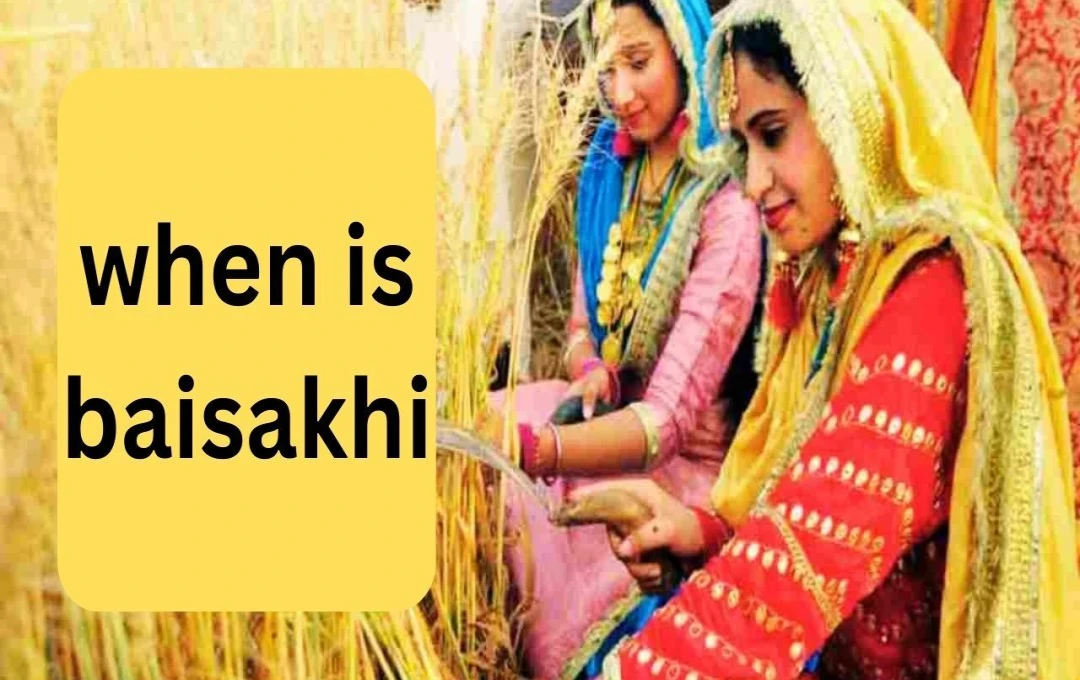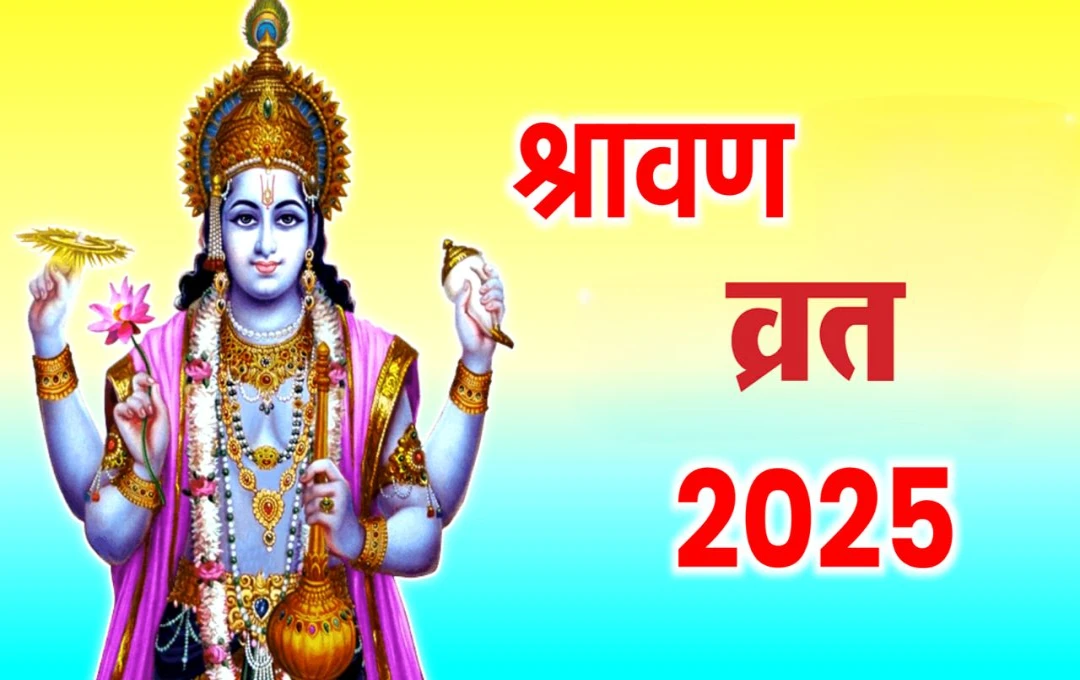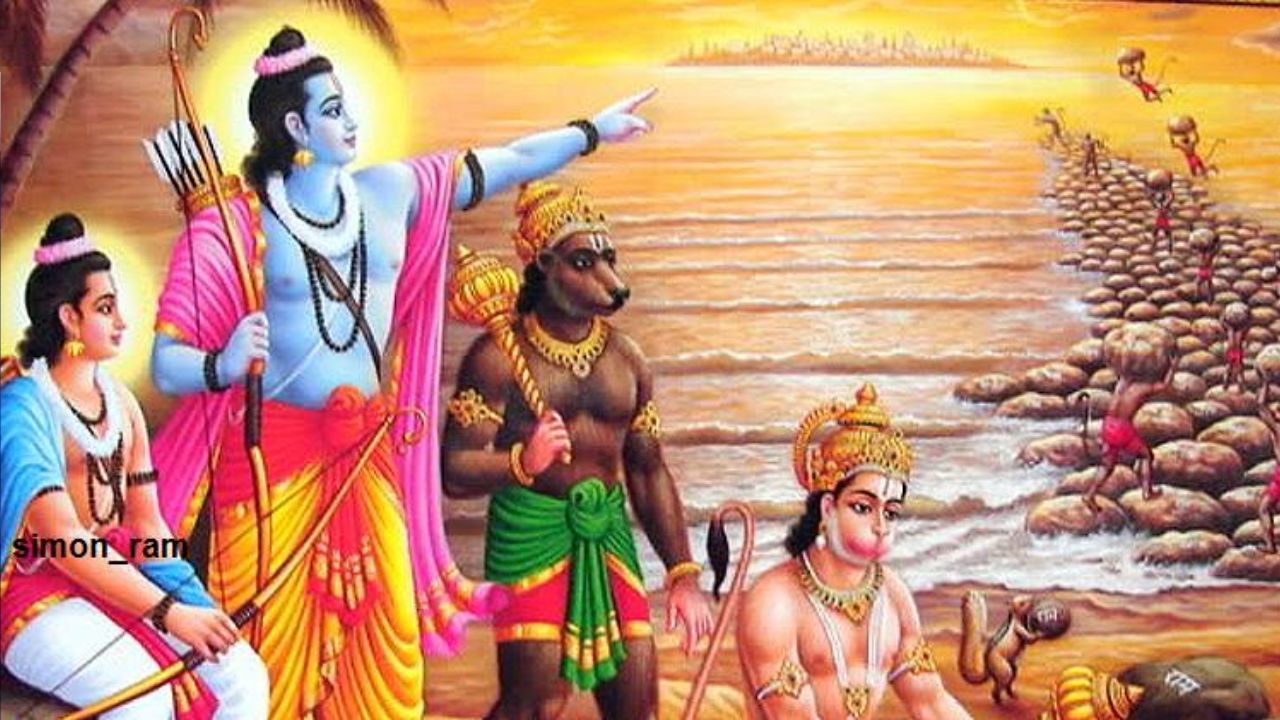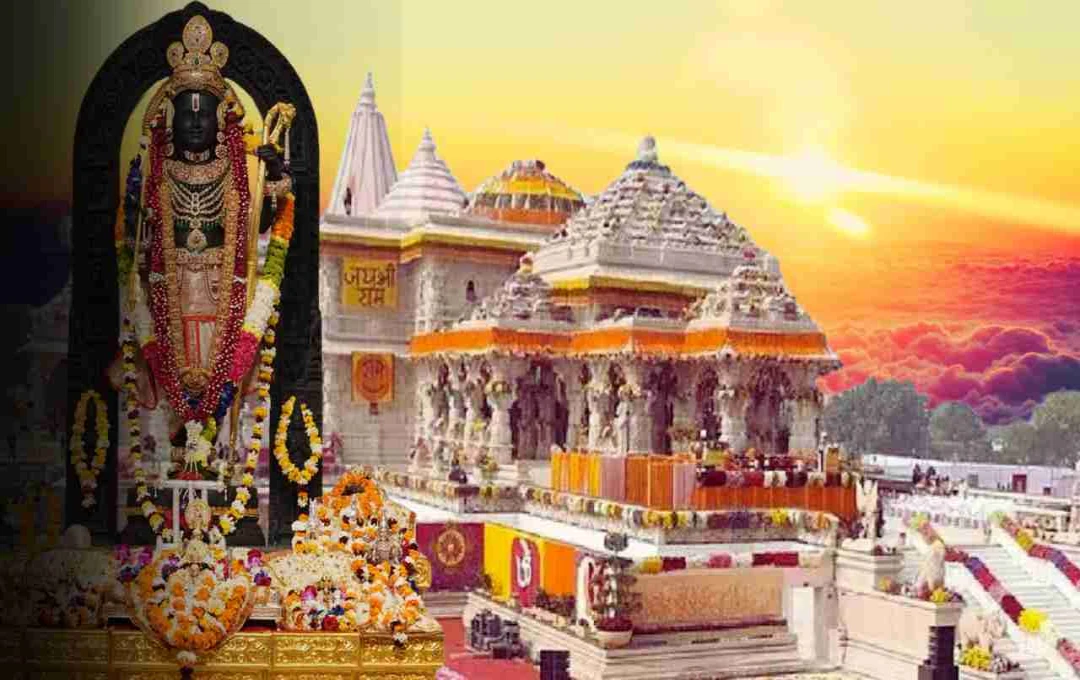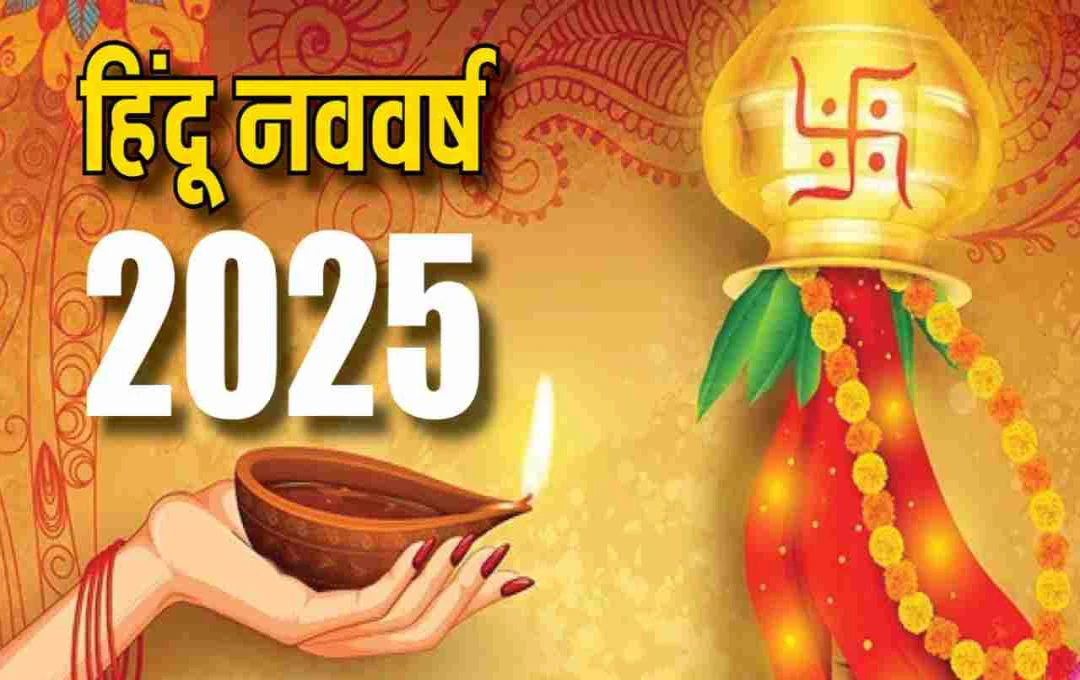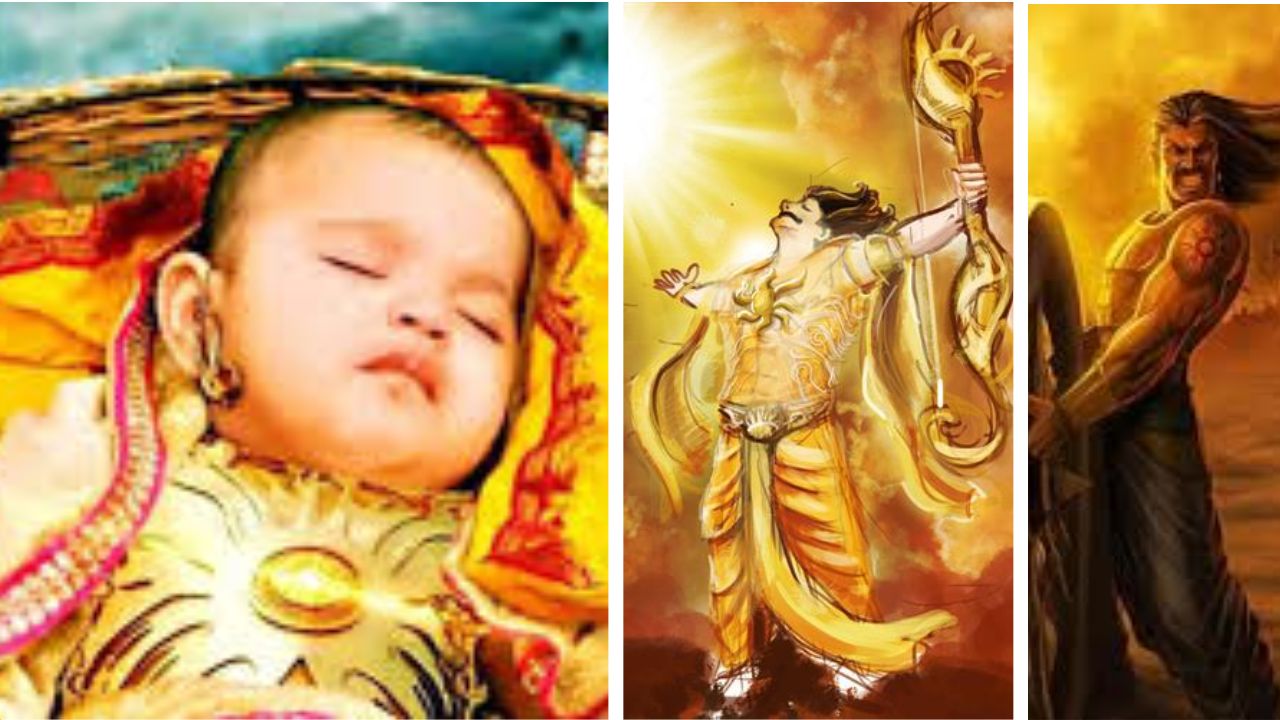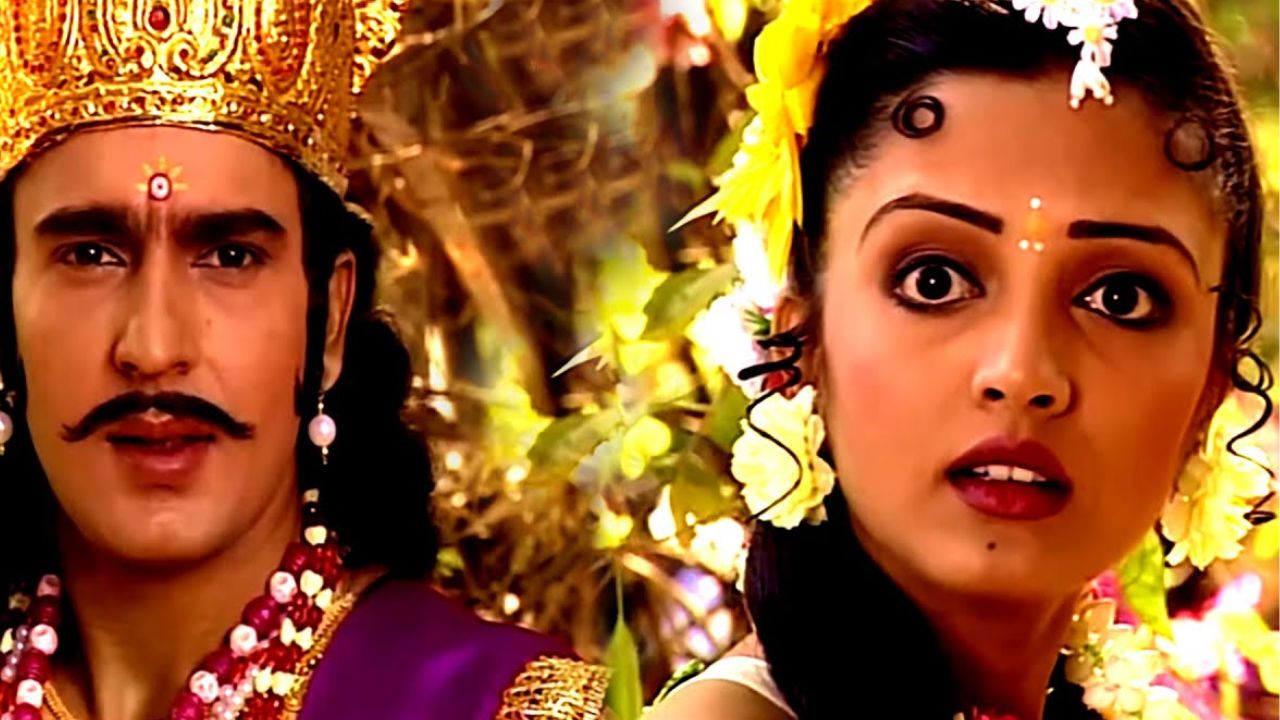The Ganga River holds a special place in Hinduism. It is not only considered a sacred river but also the life-giving force. The water of the Ganga symbolizes purity and sanctity. Ganga Dussehra, a festival celebrated annually on the tenth day of the bright fortnight in the month of Jyeshtha, is a celebration of this sacred river's glory. Understanding the significance and religious importance of this day is crucial, as it is believed that bathing in the Ganga and performing rituals on this day washes away all sins.
When and Why is Ganga Dussehra Celebrated?
Ganga Dussehra falls on the tenth day of the bright fortnight (Shukla Paksha) in the month of Jyeshtha. According to the Panchang, this year, the date begins late on June 4th and continues until the morning of June 6th, with the main celebrations of Ganga Dussehra occurring on June 5th.
Hindu belief holds that on this day, Mother Ganga appeared on Earth and purified life by washing away sins. Therefore, devotees bathe and offer prayers on the banks of the Ganga River on this day.
The Mythological Story of Ganga Dussehra: The Liberation of Raja Sagar's 60,000 Sons
The mythological story of Ganga Dussehra is linked to Raja Sagar, a descendant of Lord Rama. Raja Sagar had two queens—Keshini and Sumati. Neither queen had children. They both went to the Himalayas to perform penance and worship. Then, Maharshi Bhrigu granted them a boon: one queen would have 60,000 sons who would be arrogant, while the other would have one son who would be wise and virtuous.
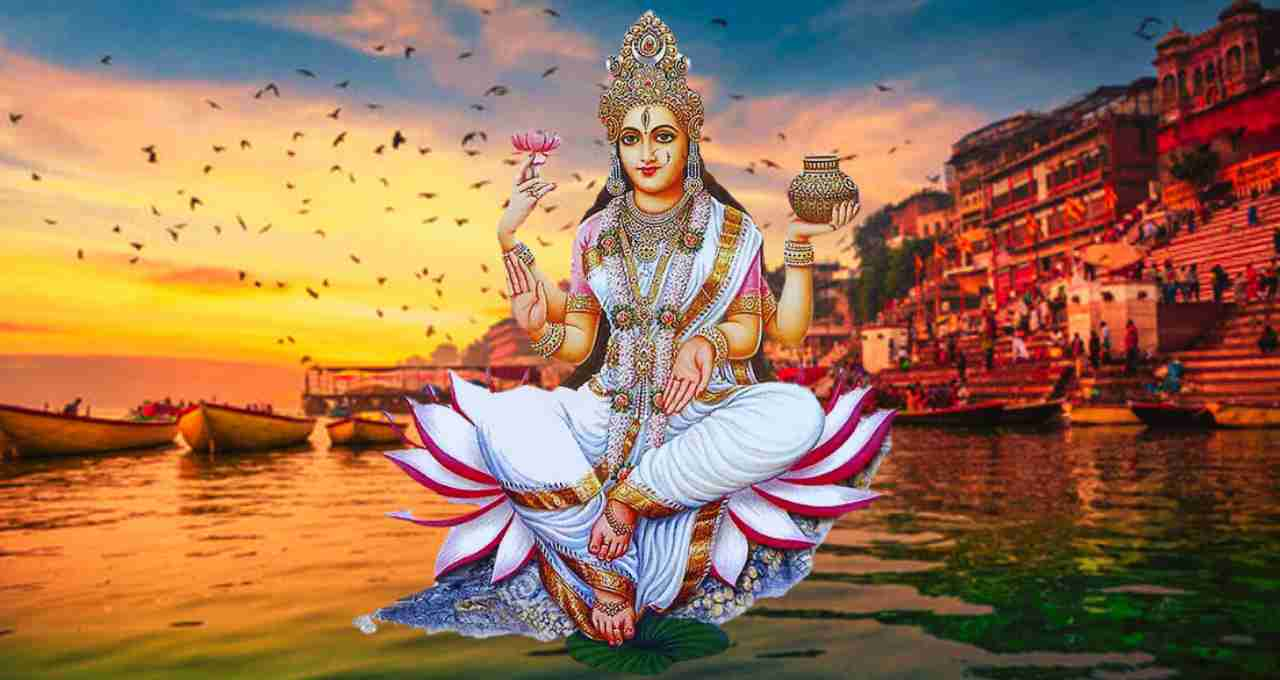
Keshini gave birth to one son, while a lump emerged from Sumati's womb, from which 60,000 sons were born. One day, Raja Sagar performed an Ashwamedha Yagna (horse sacrifice) and entrusted his 60,000 sons with the responsibility of protecting the sacrificial horse. However, the Gods deceitfully stole the horse and tied it to the ashram of Kapil Muni.
Sagar's sons found the horse in Kapil Muni's ashram and, enraged, insulted the sage. The ascetic Kapil Muni, in anger, released flames from his eyes, which incinerated all 60,000 sons. Their ashes remained in Kapil Muni's ashram.
Raja Sagar's descendant, Raja Bhagirath, performed severe penance for the salvation of his ancestors. Pleased by his penance, Mother Ganga descended from the Himalayas to Earth. With Ganga's arrival, Raja Sagar's sons' ashes were dispersed, and they attained liberation (moksha). The Ganga Dussehra festival commemorates this event.
Religious and Spiritual Significance of Ganga Dussehra
Ganga Dussehra is considered an auspicious day in Hinduism. According to beliefs, bathing in the Ganga River on this day washes away all sins. This bath symbolizes not only physical purification but also spiritual purification. By immersing oneself in the Ganga's water, one is replenished with purity and energy.
Worship holds special significance on this day. The proper worship of Ganga Mata fulfills wishes and brings happiness and prosperity to one's life. Bathing in Ganga water and offering Ganga water to Gods on Ganga Dussehra is believed to gain divine grace.
Ganga Dussehra Puja Vidhi
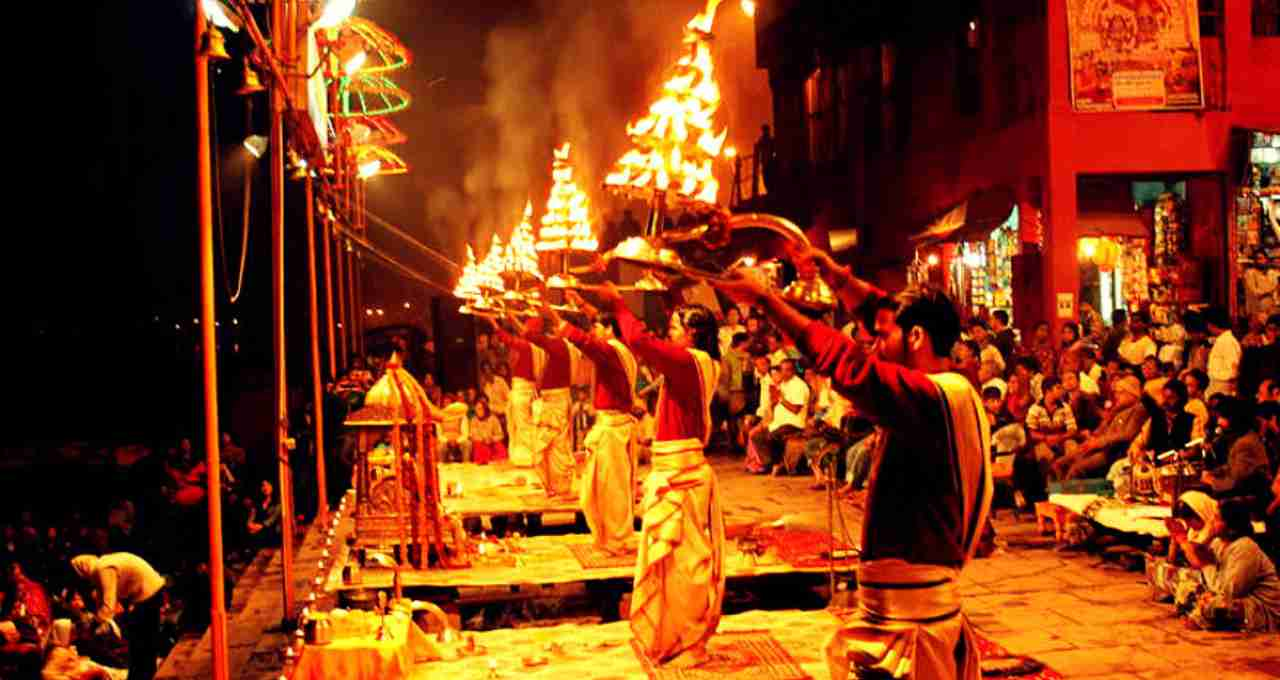
- Bath: Wake up early in the morning and bathe on the banks of the Ganga River. If not possible, one can bathe with Ganga water at home.
- Pooja Materials: Prepare Ganga water, incense, lamp, fruits, flowers, offerings (food), red cloth, and Panchamrut.
- Pooja Method: Meditate on Ganga Mata and chant her mantras. Chant mantras like "Om Gangayai Namah" or "Om Jai Gange Mata."
- Ablution with Ganga Water: Perform ablution with Ganga water and offer the same water to Lord Shiva, Vishnu, and other deities.
- Charity and Service: Donating on this day is considered auspicious. Distributing clothes, food, or Ganga water to the needy is highly meritorious.
- Fasting and Resolution: Many people observe a fast on this day and pray to Ganga Mata for health, happiness, and peace in their lives.
Why is Ganga Dussehra Important?
Ganga Dussehra not only highlights the importance of the sacred river but also provides an opportunity for humans to attain liberation from sins. This festival reminds us that purity is essential for spiritual progress in life. The water of Mother Ganga, considered to wash away sins, can erase the negative influences in our lives.
The message of this festival is that we should evaluate our actions correctly and strive for the purification of the soul. The Ganga Dussehra festival teaches us to connect with nature, appreciate it, and learn the lesson of purity.
The Ganga Dussehra festival in 2025 will be celebrated with great fanfare on June 5th. This day commemorates Mother Ganga's descent to Earth, when she liberated Raja Sagar's sons. According to religious beliefs, bathing and performing rituals in the Ganga River on this day washes away all the sins of life and purifies the soul.
This festival is not only a symbol of religious faith but also conveys the message of spirituality, cleanliness, and purity. On the occasion of Ganga Dussehra, resolve to purify your mind and actions so that peace, prosperity, and happiness prevail in life.

